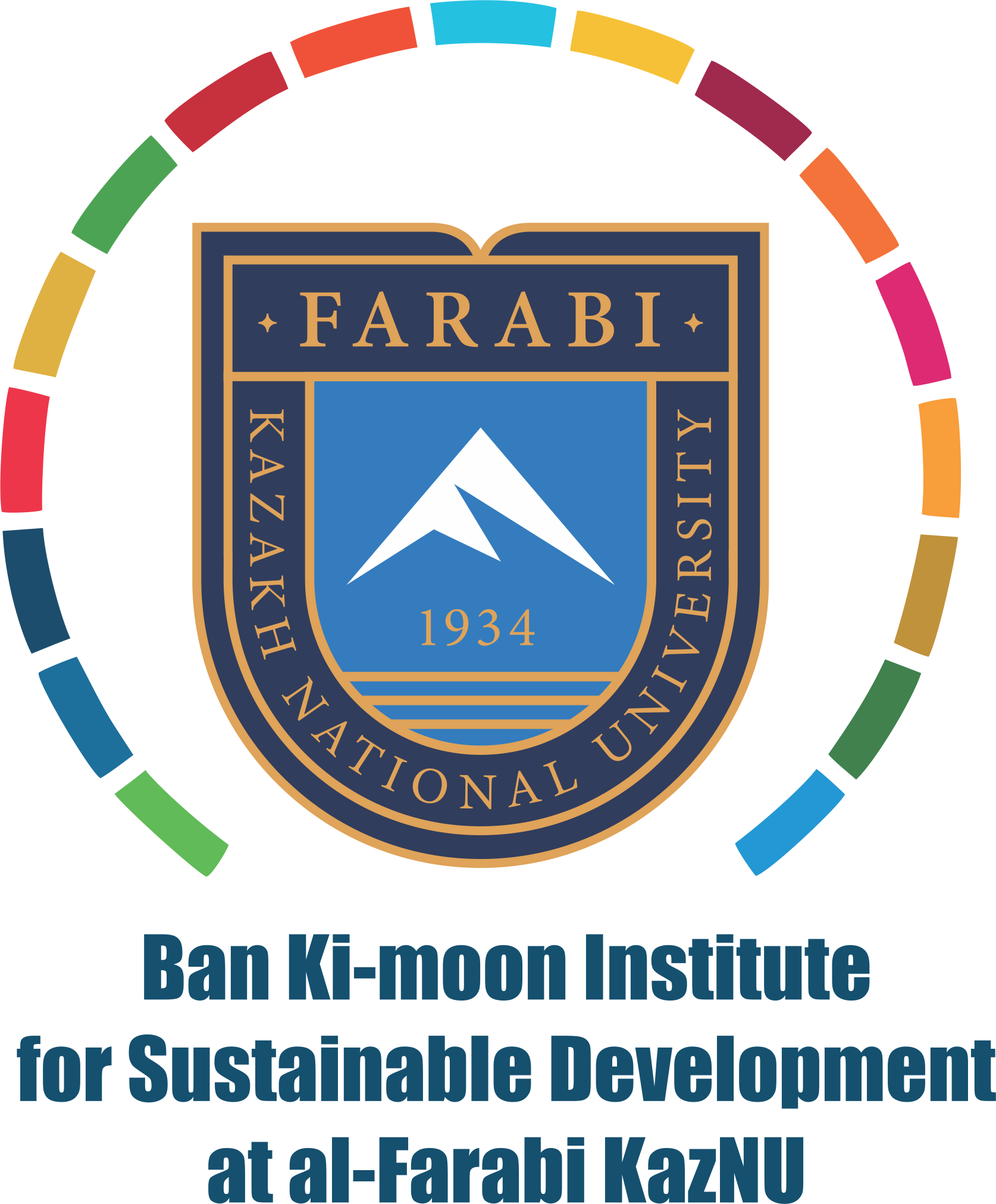Education and Social Justice: The Path to Sustainable Development
At Al-Farabi Kazakh National University, on the initiative of the Ban Ki-moon Institute for Sustainable Development, a student debate was held on the topic: “Does equal access to education provide equal opportunities for all social groups?” The event was organized as part of the International Day of Social Justice, observed according to the UN calendar, and aimed to reflect on the role of education in achieving the United Nations Sustainable Development Goals (SDGs), including SDG 4 (Quality Education), SDG 10 (Reduced Inequalities), and SDG 16 (Peace, Justice, and Strong Institutions).

Students of KazNU participated in the debate, along with leading experts, including:
- S. Kisikov – President of the Eurasian Franchise Association; Member of the Public Council of Almaty;
- S. Isayeva – Project Coordinator at the University of Central Asia, Lead Specialist at the International Center for the Rapprochement of Cultures under the auspices of UNESCO;
- A. Orazgulova – Expert on Inclusive Education in Kazakhstan.


Participants discussed whether access to education truly provides equal opportunities for all social groups and what barriers hinder its implementation. Special attention was given to issues of inclusive education, social inequality, and the need to adapt educational systems to meet the needs of all citizens. The discussion was directly related to achieving SDG 4, which aims to ensure inclusive and equitable quality education, as well as SDG 10, which focuses on reducing social and economic inequalities.
 Various viewpoints were presented during the debate. Some participants argued that the mere availability of education does not guarantee equality, as socio-economic and cultural factors continue to have a significant impact on graduates’ career paths and living standards. Others insisted that providing equal learning opportunities is a key way to bridge the gap between different social groups and achieve greater social justice, which in turn contributes to SDG 16, aimed at creating inclusive societies with effective institutions.
Various viewpoints were presented during the debate. Some participants argued that the mere availability of education does not guarantee equality, as socio-economic and cultural factors continue to have a significant impact on graduates’ career paths and living standards. Others insisted that providing equal learning opportunities is a key way to bridge the gap between different social groups and achieve greater social justice, which in turn contributes to SDG 16, aimed at creating inclusive societies with effective institutions.
Experts shared their knowledge and international experience, emphasizing the need for a comprehensive approach to solving this issue. They noted that sustainable development is impossible without ensuring equal access to quality education for all, regardless of social status, physical abilities, or geographical location.
The debate served as a platform for open dialogue between students and experts, fostering the formation of an active civic stance among young people and exploring ways to address educational inequality. The organizers expressed hope that such initiatives will become regular and help develop concrete recommendations for improving the education system in Kazakhstan.



